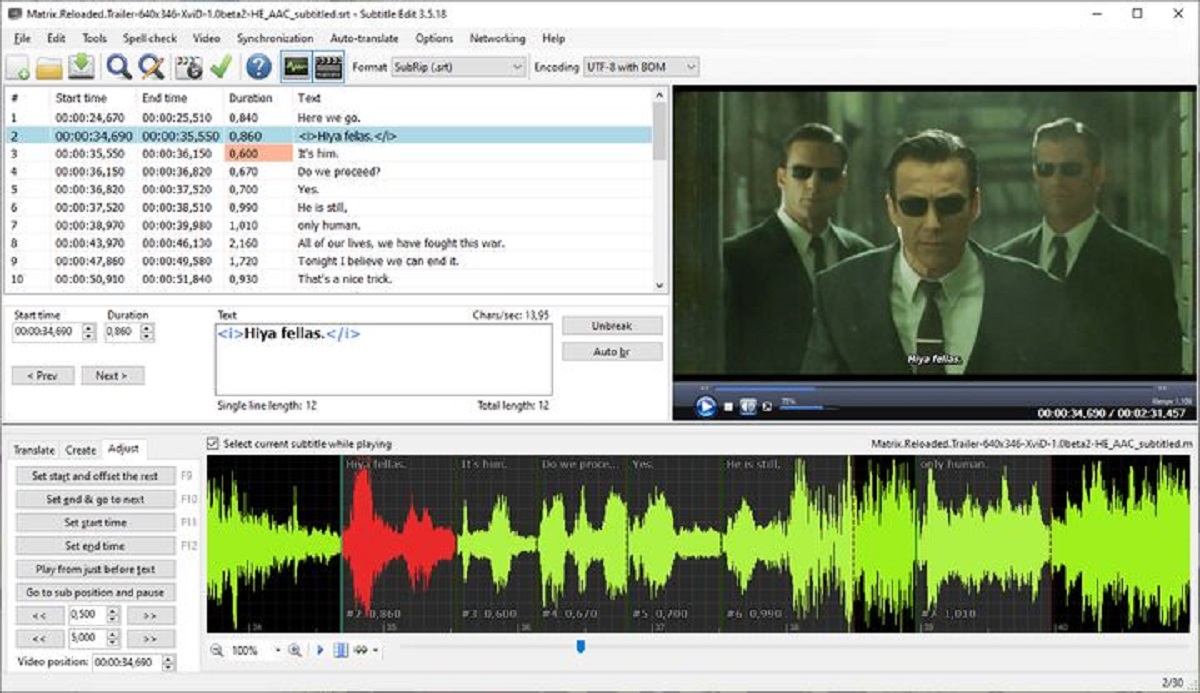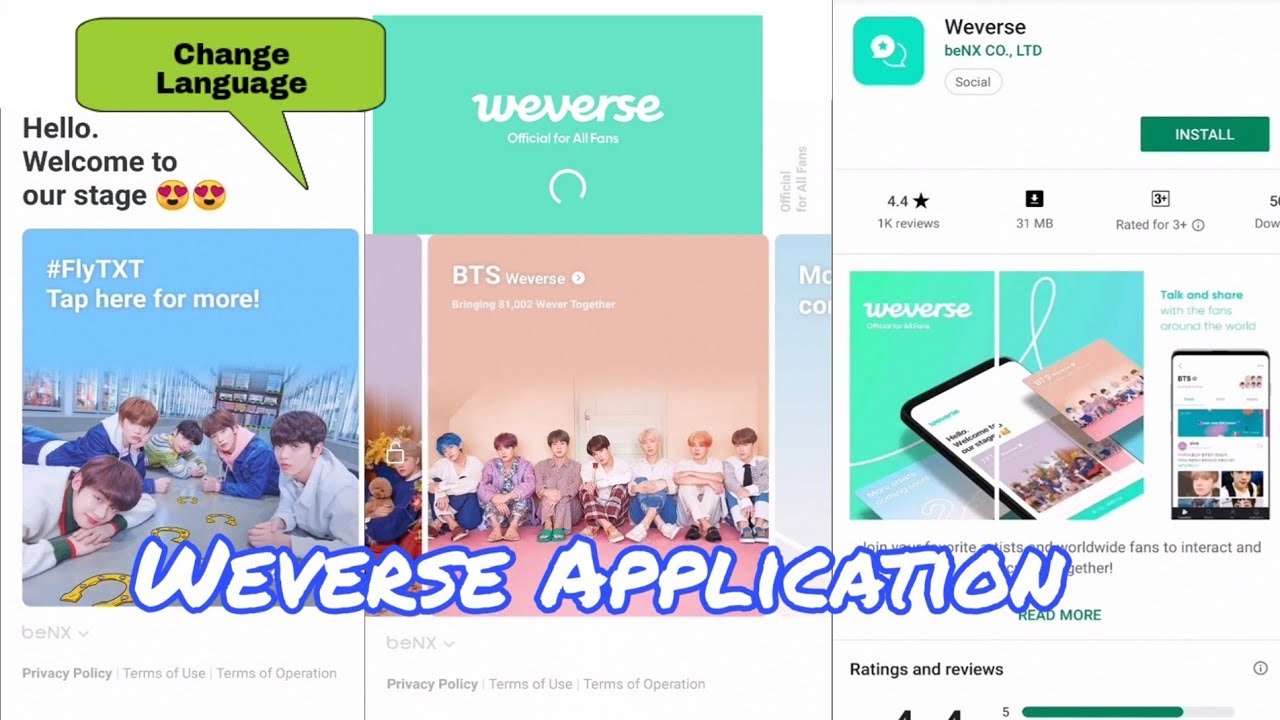Tokyo-based MagicPod, a no-code test automation platform for web and mobile apps, is expanding its reach beyond the Japanese market with the launch of its English-language version. With over 500 customers, including Line, Japan’s most popular messaging app, MagicPod has gained significant traction in the Japanese market. The company is now targeting the global market and aims to cater to a wider audience with its latest release of version 1.0. As part of the launch, MagicPod is also introducing support for Flutter apps.
Key Takeaway
Tokyo-based MagicPod, known for its no-code test automation platform, is expanding globally with the launch of its English-language version. With a focus on web and mobile app testing, MagicPod aims to make test automation accessible to a wider audience. The platform leverages popular open-source tools like Selenium and Appium to support UI testing for web and mobile apps, respectively. MagicPod’s developer-friendly features, such as the ability to run tests across multiple browsers and its integration with continuous integration services, make it an appealing choice for developers seeking efficient and effective testing solutions.
Making Test Automation Accessible
The foundation of MagicPod’s web app support lies in Selenium, a widely-used open source test automation tool. MagicPod’s founder, Nozomi Ito, was instrumental in organizing SeleniumConf Tokyo 2019 and the Japan Selenium User Community. Ito has a longstanding background in test automation, having started another company called Trident in 2012, which eventually evolved into MagicPod. Initially, MagicPod primarily offered consulting and outsourcing services for test automation, as there were few developers in Japan with the necessary skills to set up Selenium from scratch. However, Ito’s vision was to democratize test automation and make it accessible to a wider audience.
MagicPod started as a basic platform but gradually added more features based on user feedback. In July 2021, the company secured a $2.4 million funding round from STRIVE and Angel Bridge, further fueling its growth.
Ease of Use and Functionality
MagicPod simplifies UI testing for developers by enabling them to automate the process without writing any code. The platform offers a built-in device emulator for mobile app testing and supports real-world devices through integrations with SauceLabs, BrowserStack, and HeadSpin. For web apps, MagicPod allows tests to be run across popular browsers like Chrome, Edge (including IE mode), Safari, and Firefox. The service seamlessly integrates with popular continuous integration services such as Jenkins, CircleCI, GitHub Actions, and Bitrise.
Upon completing a test, MagicPod generates comprehensive results. Notably, the platform employs an AI engine that detects small changes in an app’s UI (e.g., modifying button text or rearranging its position) and automatically updates the test script.
Future Plans for MagicPod
While MagicPod prides itself on being a no-code service, founder Nozomi Ito acknowledges that some developers on the platform may want to view and extend the underlying code. Ito assures users that MagicPod’s systems were designed to accommodate a mix of code and no-code approaches, and this flexibility will be supported in the future. In addition to UI testing, the company is exploring possibilities for API and load testing but acknowledges that further fundraising may be required to pursue these initiatives.
Pricing for MagicPod’s services starts at $400/month on an annual contract (or $500 on a month-by-month basis) for either the mobile or browser testing plan. Subscribers gain access to unlimited device usage time and can execute up to 100 test cases. Additionally, MagicPod offers a free two-week trial for interested users to experience its capabilities firsthand.

























